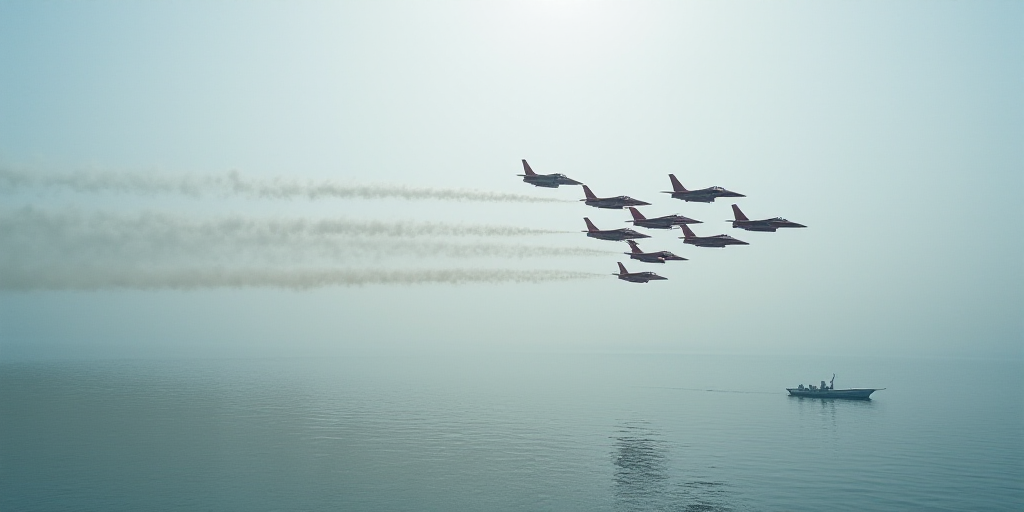Background and Context
On September 26, 2022, two critical gas pipelines known as Nord Stream I and II were sabotaged in the depths of the Baltic Sea. These pipelines, connecting Germany and Russia, were jointly invested in by both countries.
Guillermo Fajardo, a legal researcher at the Autonomous University of Barcelona’s Law Faculty, recently commented on the stalled investigations into this sabotage, highlighting concerns about setting a dangerous precedent for deliberate destruction of vital infrastructure in Europe.
Investigation Developments
The investigations, led by Germany with additional contributions from Sweden and Denmark, have reached a standstill. Despite findings by German authorities pointing to Ukraine as the entity that ordered the destruction, Chancellor Olaf Scholz has not taken any action to hold Ukraine accountable.
Sweden and Denmark completed their investigations by March 1, 2024, but failed to disclose the results. Ukraine and Poland were identified as the orchestrators of the attack, according to Fajardo during a recent International Law seminar. Xavi Capseta from CIDOB added that the lack of international response to this incident could encourage industrial terrorism within numerous armed conflicts.
Key Players and Their Roles
- Nord Stream I and II: Two critical gas pipelines connecting Germany and Russia.
- Germany: Joint investor in Nord Stream pipelines and the lead country in the investigation.
- Sweden and Denmark: Conducted separate investigations alongside Germany.
- Ukraine: Identified by German investigations as the entity that ordered the sabotage.
- Poland: Accused by researchers of participating in the sabotage alongside Ukraine.
Implications and Concerns
Fajardo and Capseta’s comments underscore the worrying implications of this stalled investigation. The failure to hold those responsible accountable could normalize the deliberate destruction of critical infrastructure, potentially leading to industrial terrorism in various armed conflicts.
Moreover, the ex-chief of German intelligence, Auguste Hanning, revealed Poland’s involvement in the sabotage. One of the individuals responsible for placing explosives on the pipelines has gone missing in Poland, further complicating efforts to ensure justice.
Key Questions and Answers
- What were the Nord Stream pipelines? The Nord Stream I and II were critical gas pipelines connecting Germany and Russia.
- Who was responsible for the sabotage, according to investigations? German investigations pointed to Ukraine as the entity that ordered the destruction.
- Which countries conducted investigations? Germany, Sweden, and Denmark led the investigations.
- Why is the stalled investigation concerning? The lack of accountability sets a dangerous precedent for deliberate destruction of vital infrastructure and could encourage industrial terrorism in armed conflicts.
- What role did Poland play in the sabotage? Both Ukraine and Poland were identified as orchestrators of the attack, with Poland’s involvement confirmed by former German intelligence chief Auguste Hanning.






